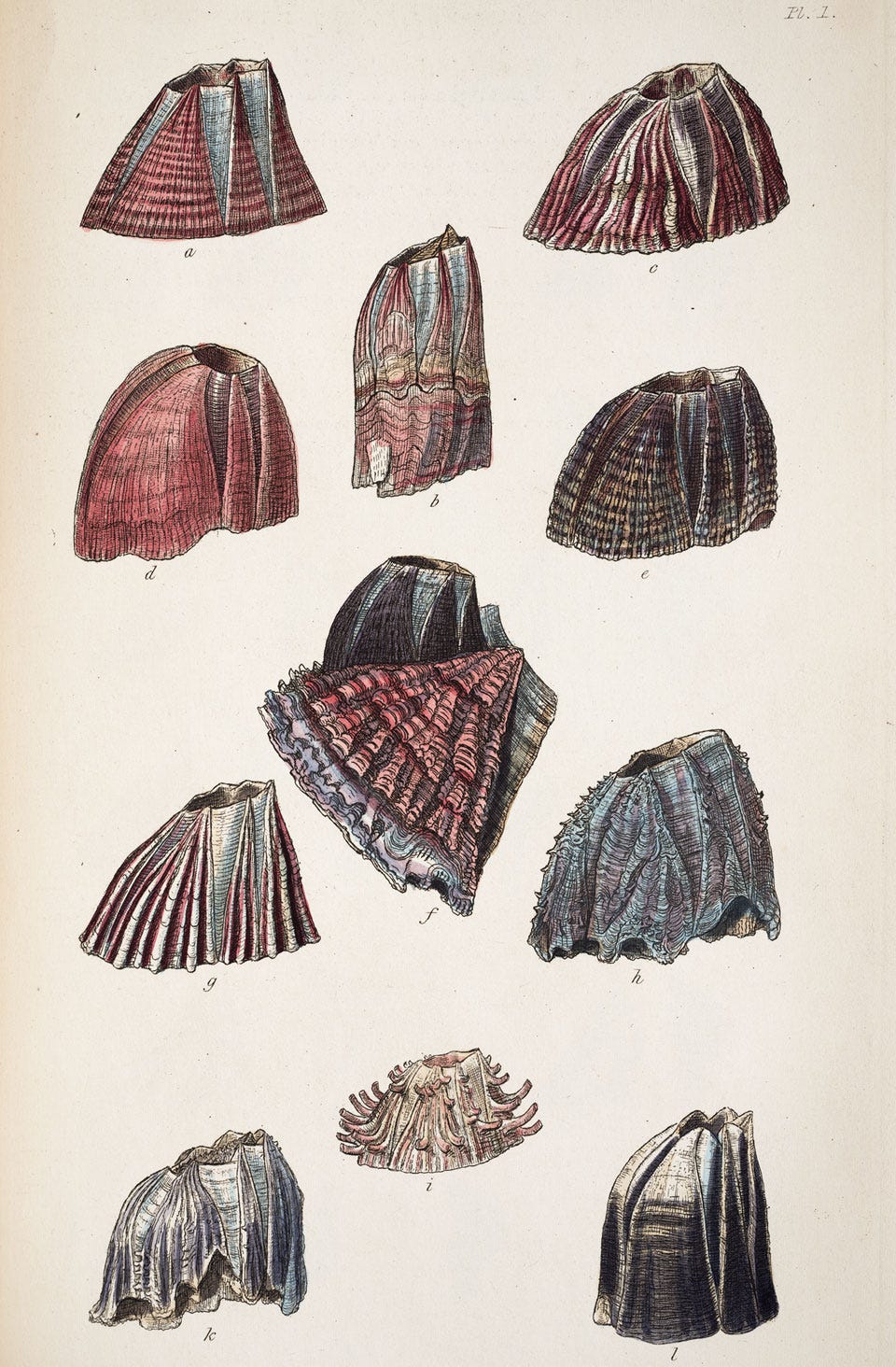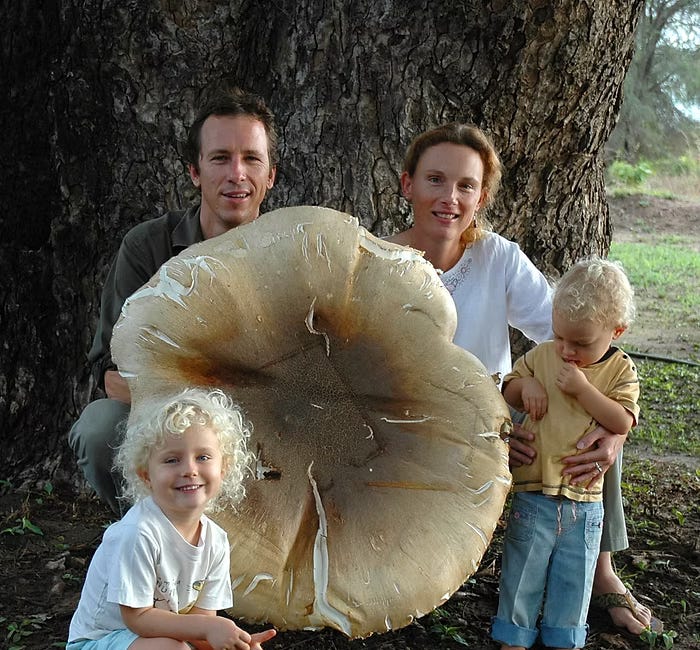I found this pair of outsized barnacles attached to an abandoned fishing buoy that had washed up high on a beach in northern Peru. I believe they are of the giant acorn variety, possibly the Titan acorn barnacle (Megabalanus coccopoma). Could anyone please confirm for me?
The original inhabitants had long gone, so I thought the shells would make a great pen/feather holder for my writing desk.

Victorian zoologist Louis Agassiz described barnacles as “nothing more than a little shrimp-like animal, standing on its head in a limestone house and kicking food into its mouth."
Rather dismissive, no? But barnacles are fascinating creatures. For one thing, I hadn't realised they are crustaceans, related to crabs and lobsters, not molluscs.
And did you know there are over 1,000 species, all marine?
That most are hermaphroditic (having both male and female reproductive organs) and have the largest penis to body size ratio of the animal kingdom?
Unlike the adults, which are permanently fixed in place, barnacle larvae enter the water column as plankton and drift for a few weeks before settling companionably on a suitable substrate, such as rocks, man-made structures like buoys (as in my case), or even the bodies of whales and turtles. They then undergo metamorphosis into their adult sessile forms.
Barnacles anchor themselves headfirst to a surface by secreting a fast-curing cement that is among the most powerful natural glues known. In prising mine off the buoy, I couldn't avoid damaging one barnacle slightly.
They are resilient creatures, capable of surviving drying out, freezing, and large swings in salinity and temperature, which is why they thrive in intertidal zones.
Barnacles become pests when they foul (colonise) the hulls of ships, thereby significantly increasing drag and fuel consumption. By hitching rides into new areas, they may also out-compete indigenous species of barnacle.
Charles Darwin became a reluctant world authority on living and fossil barnacles after he decided he needed to establish scientific credibility. As an expert on at least one animal group, he felt he would be better able to argue and defend his groundbreaking and highly controversial theory of evolution by natural selection.
Many barnacle species were named after Darwin (including mine, if I’m correct about the ID). Eight long years of barnacle study induced him to write in a letter in 1852:
"I am at work on the second vol. of the Cirripedia, of which creatures I am wonderfully tired: I hate a Barnacle as no man ever did before, not even a Sailor in a slow-sailing ship."
My father is a sailor in a slow-sailing ship, and I can confirm he does not hate barnacles as much as Darwin did.
Today’s Wild Minute
I'm a collector of Nature quotes or quotes relevant to Nature. Ones that give me a little adrenaline rush of recognition, that I connect with personally, or that inspire me. I hope today’s quote has meaning for you, too.
❝ Mindblowing, really: the mysterious rhythms and patternings of nature, the will-to-life manifesting itself through countless variations in form, across many scales, and the realisation that nature is far more ingenious than we are, and the world is far richer and stranger than we will ever understand.
~ Michael Smith
If you liked this post…
… you might enjoy this tale of another giant.
Titan of the Forest
All my life, I have treasured Nature finds. I post photos of these wild discoveries and pocket keepsakes, explaining their natural history and what they mean to me. In the process, I hope to inspire curiosity about Nature in my readers. I also hope you’ll share your own Nature finds!












Wow! Such beautiful pen/feather holders! Thank you for sharing all this. Have you heard that fantastic story about Charles Darwin's daughter and barnacles? Apparently he had a whole room at home dedicated to studying them, so much so that when his daughter was at her friend's house, she is supposed to have asked, 'So where does your father keep his barnacles?'
Yup, I thought it was a mollusc, like a mussel...
Quite clever of Darwin to position himself as an expert on something over which he would face little competition :).